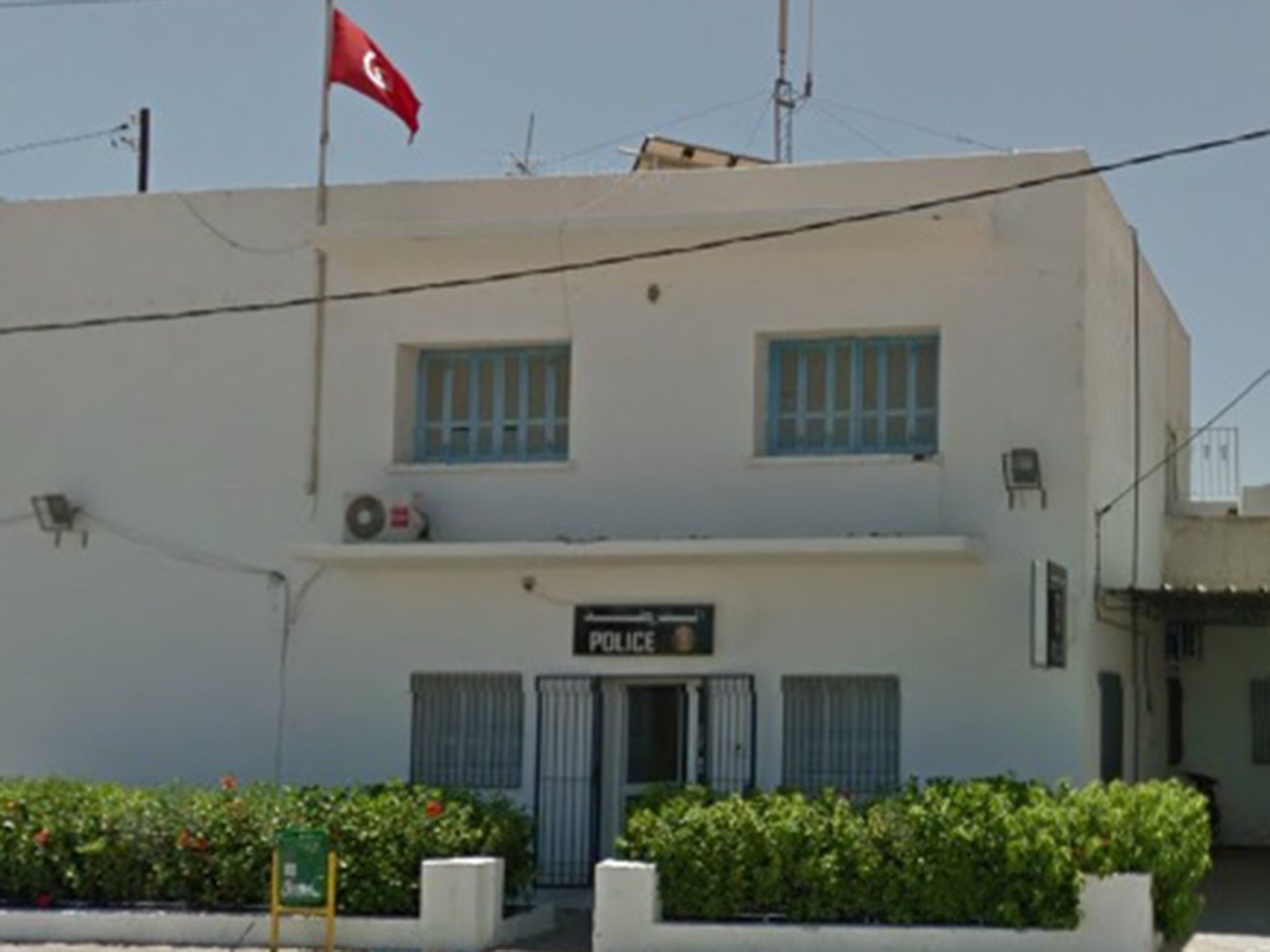Alleged rape victim imprisoned for engaging in homosexual acts by Tunisia court
'His mother has been very affected. She does not stop crying. His friends are all angry,' lawyer says

An alleged rape victim who tried to report his assault to police was sentenced to eight months imprisonment by a Tunisian court for engaging in homosexual acts.
The man, known as “Anas” attended a police station in the coastal city of Sfax on 2 January, where he reported that he had been raped and robbed by two men, according to Shams, a leading gay rights group in the north African nation.
Following initial questioning, Anas was accused of homosexuality and subjected to an enforced anal examination – an invasive procedure designed to detect evidence of sodomy, an act prohibited under Article 230 of Tunisia’s penal code and punishable by up to three years in prison.
Following his examination, Anas was remanded in custody until his trial this week.
A court has now ordered Anas to serve six months in custody for homosexuality and a further two months for having lodged a false allegation after he was judged to have consented to sex. Both of the men Anas accused of attacking him received sentences of six months for homosexuality, with a further two months for physical assault and theft.
Shams president Mounir Baatour, a lawyer who has been involved throughout the case, told The Independent that Anas’ friends and family were still struggling to reconcile themselves with the court’s ruling.
“His mother has been very affected,” he said. “She does not stop crying. His friends are all angry.”
Domestic and international pressure upon Tunisia to repeal its anti sodomy legislation, and specifically to halt its practice of enforcing anal tests upon those suspected of homosexuality, has been growing for some time.
However, despite conciliatory noises from politician in the capital Tunis, cases such as Anas’ provide strong evidence that the practice continues.
In April of 2017, Tunisia’s National Council of the Medical Order announced that doctors must inform people accused of sodomy of their right to refuse the anal examination. Months later, the government also bowed to the recommendations of the United Nations Human Rights Council and declared that it was halting its practice of enforcing anal tests upon those suspected of homosexuality.
Nevertheless, Mr Baatour said: “The police always force suspected homosexuals to undergo the anal test, or face torture and the threat of having their refusal considered a confession.”
Dr Zied Mhirsi, a co-founder of the Tunisian Center for Public Health, told The Independent, “I am surprised to hear about forced anal examination for a victim of rape and an exam in a local hospital where forensic doctors are usually absent. Anal examinations forcibly conducted on males in an effort to ‘prove’ homosexuality are wrong and are considered as a form of torture.” he said.
Dr Mhirsi stressed that Tunisian doctors were trained on the principles of informed consent and were unlikely to proceed without it.
“In the case of rape, the forensic physical examination of sexual assault victims is an important piece of evidence that help survivors of sexual assaults access justice,” he said. ”Their consent is also crucial to move forward.”
During the test, doctors will either manually inspect the rectum or use an object to test for indications of repeated homosexual contact.

Human Rights Watch alleges that police routinely take advantage of legal provisions outlawing homosexual contact to conduct wider searches in direct contravention of the suspects’ rights. In a review of 11 cases published in November of 2018, the organisation alleged that police use Article 230 as a pretext to enter individual’s homes without warrants, as well as search through chats and images on suspect’s telephones. In addition, HRW documented accounts of mistreatment in police custody, forced confessions, and the denial of access to legal counsel.
A petition calling for Anas’ release has been launched at the Allout website.
Mr Baatour confirmed that Anas and his supporters would appeal the ruling.
Join our commenting forum
Join thought-provoking conversations, follow other Independent readers and see their replies
Comments
Bookmark popover
Removed from bookmarks